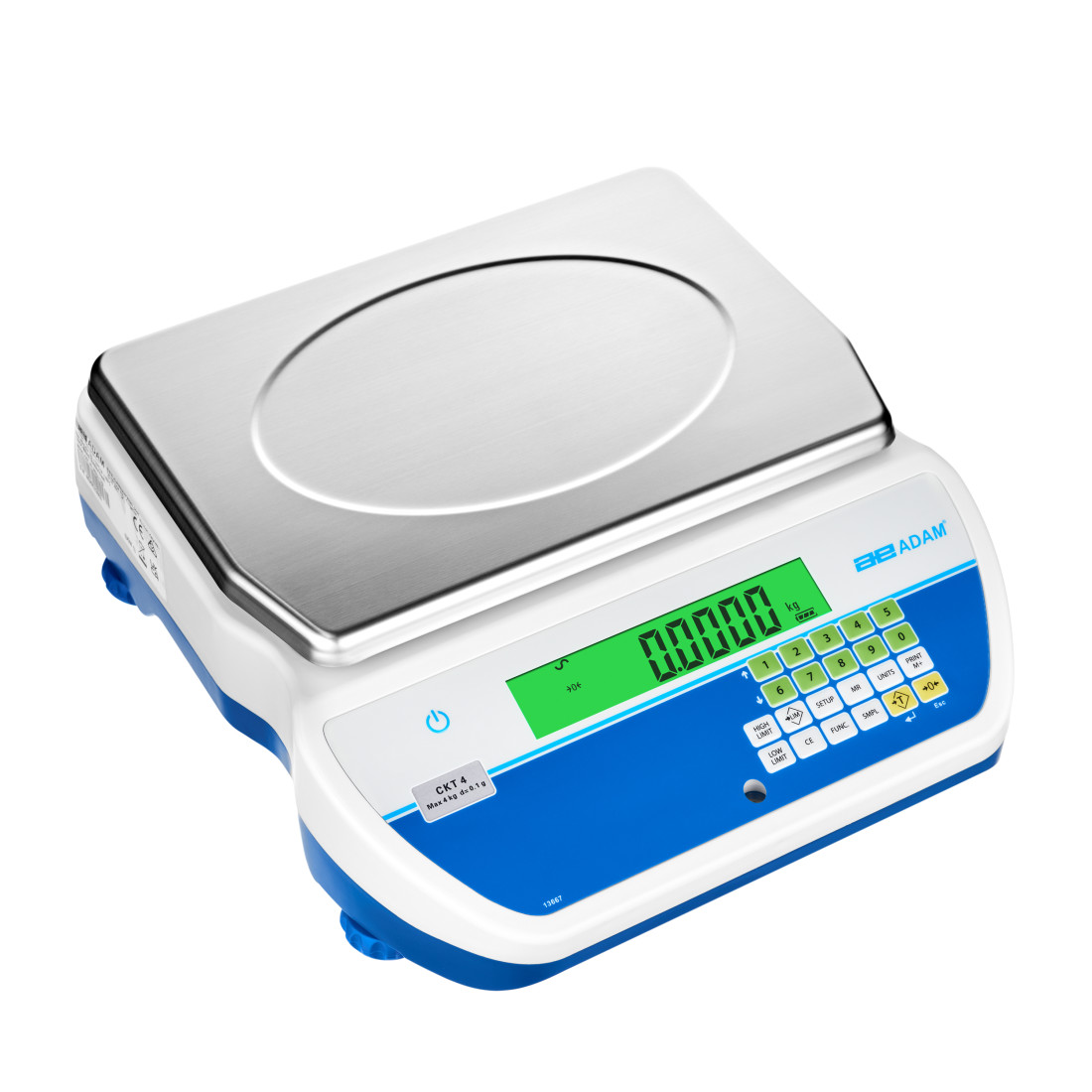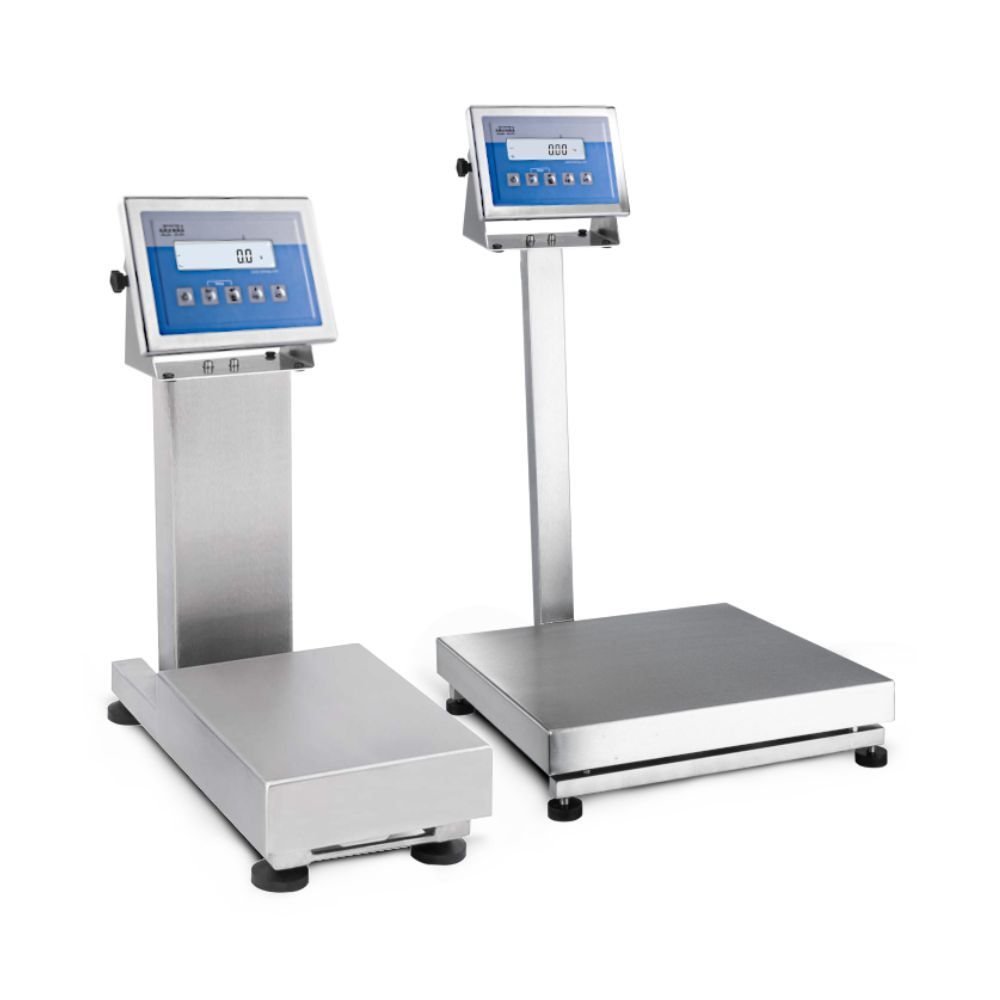How to Maintain Your Industrial Scales for Long-Term Accuracy and Durability
How to Maintain Your Industrial Scales for Long-Term Accuracy and Durability
Blog Article
Just How Commercial Scales Job: A Thorough Overview for New Users
Recognizing the technicians behind industrial ranges is critical for brand-new users that desire to make certain accuracy in their measurements. As we discover these elements, one must take into consideration exactly how these elements connect to improve performance in varied commercial applications.
Basics of Industrial Scales
Industrial ranges are vital devices used across different sectors, consisting of production, logistics, and agriculture, to ensure precise weight measurements of heavy lots. The essential concept behind industrial ranges involves the conversion of weight into a quantifiable form that can be shown digitally or analogically. These scales use different devices, such as tons cells or mechanical bars, to identify the weight of objects put upon them.

In addition to their dimension capacities, commercial scales are developed to endure severe environments, featuring robust construction that resists dirt, wetness, and heavy impacts. Calibration and maintenance are essential to make certain accuracy, as even minor inconsistencies can bring about substantial monetary ramifications. By understanding the basics of commercial scales, users can value their value in various commercial applications.
Sorts Of Industrial Scales
Various kinds of industrial scales satisfy the diverse demands of various industries, each made to manage particular weighing jobs with precision and integrity. Amongst the most usual types are floor scales, which are optimal for weighing bulky and heavy products. These scales usually include large platforms and can fit palletized goods, making them essential in stockrooms and shipping centers.
Another kind is bench ranges, which are typically made use of for smaller products in production and retail settings. They give accurate measurements for items that call for precision, such as chemicals or parts in setting up lines (Industrial Scales). For mobile procedures, portable scales provide adaptability and ease of transportation, suitable for fieldwork or momentary installments
In applications requiring high-capacity measurements, such as wholesale product handling, crane ranges and lots cells are employed. These scales can measure tons suspended from a crane or other lifting apparatus, making certain safety and security and accuracy during operations. Additionally, specialized scales like checkweighers are used in production lines to preserve quality assurance by ensuring that products meet weight specifications. Each type of industrial scale plays an important function in boosting functional effectiveness and precision across different markets.
Exactly How Evaluating Mechanisms Job
Considering systems are necessary elements that allow accurate dimension of mass throughout different commercial ranges. These systems utilize numerous concepts of physics and engineering to provide precise weight analyses, essential for supply management, quality assurance, and compliance with regulatory requirements.
One typical sort of considering device is the tons cell, which operates on the principle of pressure assesses. When a tons is applied, the load cell warps slightly, creating an electrical signal symmetrical to the weight. This signal is then converted right into an understandable weight dimension by the scale's electronic devices.
One more widely utilized mechanism is the mechanical equilibrium, which employs a system of weights and levers. Industrial Scales. This method counts on the principle of balance, where the weight of the object being determined is stabilized against recognized weights, enabling straight measurement
Furthermore, pneumatically-driven and hydraulic ranges take advantage of liquid dynamics concepts to gauge weight. These systems use the stress applied by a load to establish weight, offering high precision for massive tons.
Correct Usage Methods
When making use of industrial scales, adhering to correct use techniques is vital for guaranteeing exact dimensions and maintaining tools honesty. It is necessary to pick the proper scale for your particular application, reference as scales vary in capability and accuracy.
Prior to weighing, guarantee that the scale is put on a steady, degree surface area cost-free from resonances or disruptions. This will certainly assist to lessen errors triggered by outside elements. Furthermore, calibrate the scale according to the producer's specifications prior to use, ensuring that it is functioning correctly.
When placing products on the range, distribute the weight evenly to avoid tipping view publisher site or harming the tools. Constantly enable the scale to stabilize prior to videotaping the weight, as variations may take place throughout preliminary placement. For bulk materials, make use of containers that are ideal for the range size to avoid overloading.
Furthermore, stay clear of putting chilly or excessively hot things straight on the scale, as temperature level variants can affect precision. Finally, keep the considering system clean and free of particles to stop contamination and guarantee trustworthy outcomes. By complying with these techniques, customers can maximize the efficiency and longevity of their industrial ranges.
Maintenance and Calibration Tips
Making certain the durability and accuracy of industrial ranges requires attentive maintenance and routine calibration. A preventive maintenance timetable is important; it needs to include routine examinations to identify damage, particularly on tons cells and various other sensitive elements. Consistently cleaning the range's surface area and ensuring the surrounding location is cost-free from debris will certainly aid maintain its stability and efficiency.
Calibration is just as essential and ought to be executed at normal intervals or whenever the scale experiences considerable adjustments in temperature level, moisture, or physical displacement. Use qualified calibration weights that are deducible to national standards for accuracy. File each calibration session thoroughly to track efficiency with time and identify any trends or repeating problems.
Furthermore, be conscious of the range's setting. Avoid placing it near sources of vibration, electromagnetic interference, or severe temperature levels, as these factors can adversely affect measurements. Train all operators on appropriate scale usage and upkeep protocols to guarantee constant performance and accuracy. By sticking to these upkeep and calibration ideas, individuals can enhance the reliability of their commercial ranges, making certain optimum procedure in any type of setting.
Final Thought

Recognizing the mechanics behind industrial scales is essential for click now new users who want to ensure accuracy in their measurements.Industrial ranges are essential tools made use of throughout numerous fields, consisting of manufacturing, logistics, and agriculture, to ensure accurate weight measurements of hefty lots. The basic concept behind commercial scales involves the conversion of weight into a quantifiable kind that can be shown digitally or analogically. By understanding the fundamentals of industrial scales, users can value their value in different industrial applications.
In verdict, recognizing the operation and maintenance of commercial ranges is important for making sure accurate weight dimensions in different applications. (Industrial Scales)
Report this page